Jacob Bringewatt
Assistant Professor
Physics Department
United States Naval Academy
Annapolis, MD 21402
Office: Chauvenet Hall, Room 273
E-Mail: bringewa (at) usna.edu
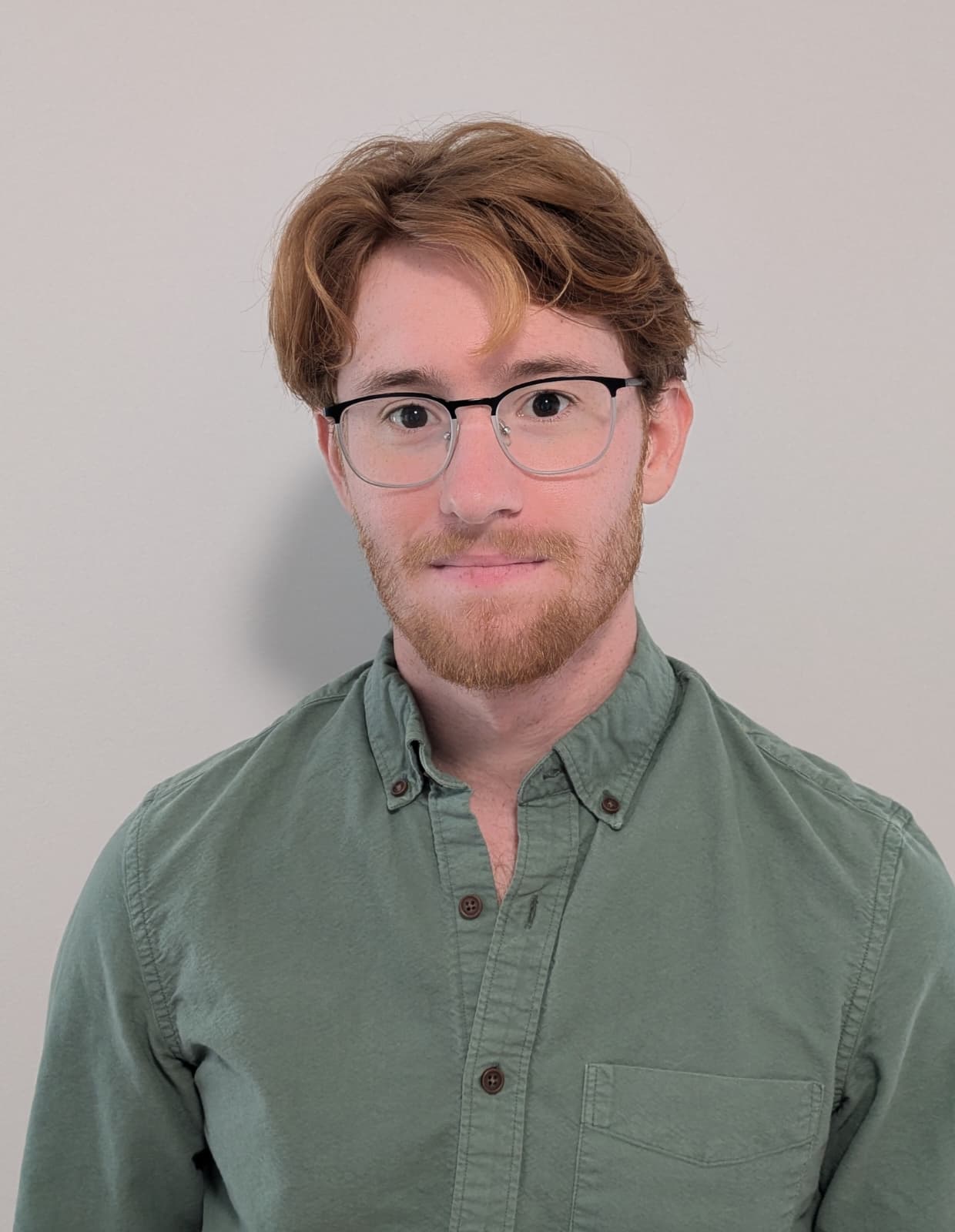
|
Jacob Bringewatt
Assistant Professor
Office: Chauvenet Hall, Room 273 E-Mail: bringewa (at) usna.edu |

|
|
| |
I am an Assistant Professor in the Physics Department at the United States Naval Academy. My research is in the theory of quantum information and quantum computation, with a focus on quantum sensing and algorithms for quantum simulation.
Previously, I was a Harvard Quantum Initiative Prize Postdoctoral Fellow at Harvard University. I completed both my Ph.D. and B.S. in Physics at the University of Maryland, where I was a Department of Energy Computational Science Graduate Fellow (CSGF), Joint Center for Quantum Information and Computer Science (QuICS) Lanczos Graduate Fellow, and Banneker/Key Scholar.
_________________ This is my personal academic homepage. The opinions expressed herein or in my academic works are my own and do not reflect the official policy or views of the United States Naval Academy, the Department of the Navy, or the Department of Defense.My work seeks to elucidate the interconnection between the limits of physics, measurement, and computation. In one direction, this means determining what information theory and computer science can tell us about physics and, more practically, showing how they can help us to design better measurement devices and better simulation algorithms. In the other direction, this means deciphering how the constraints imposed by specific physical systems (e.g., symmetries, spatial locality, and noise) impact information-theoretic and computational limits on data processing and extraction.
Also see my Google Scholar profile. * denotes equal contribution.

|
"Classical shadows for sample-efficient measurements of gauge-invariant observables." J Bringewatt*, H Froland*, A Elben, N Mueller Preprint. (2025), [arXiv.2511.02904] |
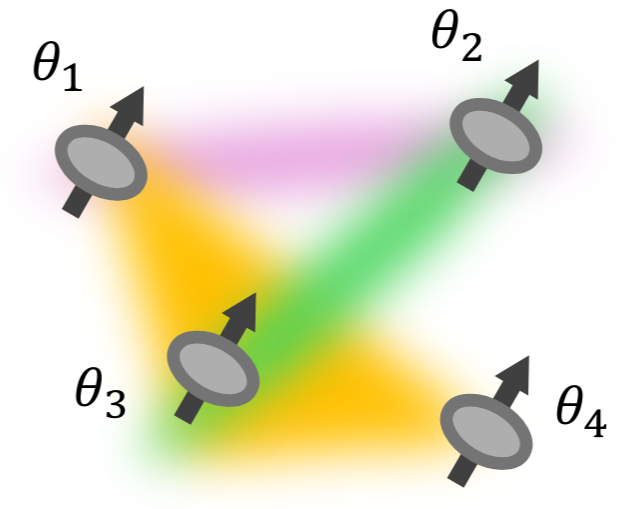
|
"Optimally learning functions in interacting quantum sensor networks." E Abbasgholinejad, S R Muleady, J Bringewatt, A Brady, Y Wang, A V Gorshkov. Preprint. (2025), [arXiv:2510.06360] |
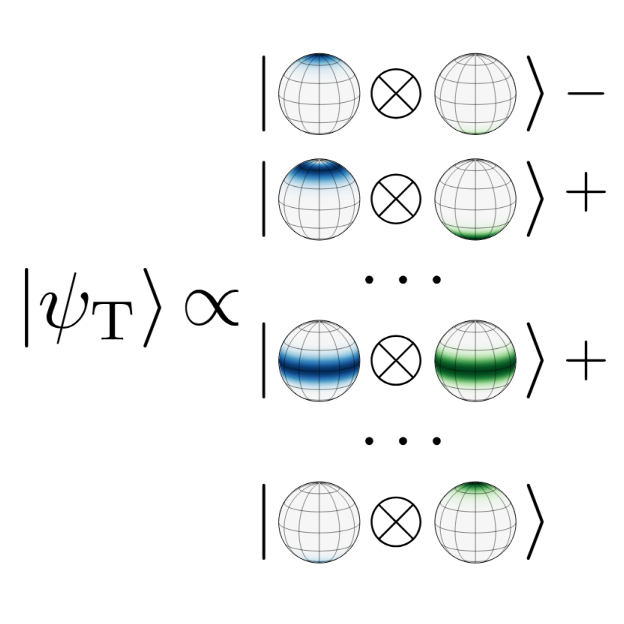
|
"Lieb-Mattis states for robust entangled differential phase sensing." R Kaubruegger, D F Padilla, A Shankar, C Hotter, S R Muleady, J Bringewatt, Y Baamara, E Abbasgholinejad, A V Gorshkov, K Molmer, J K Thompson, A M Rey. Preprint. (2025), [arXiv:2506.10151] |
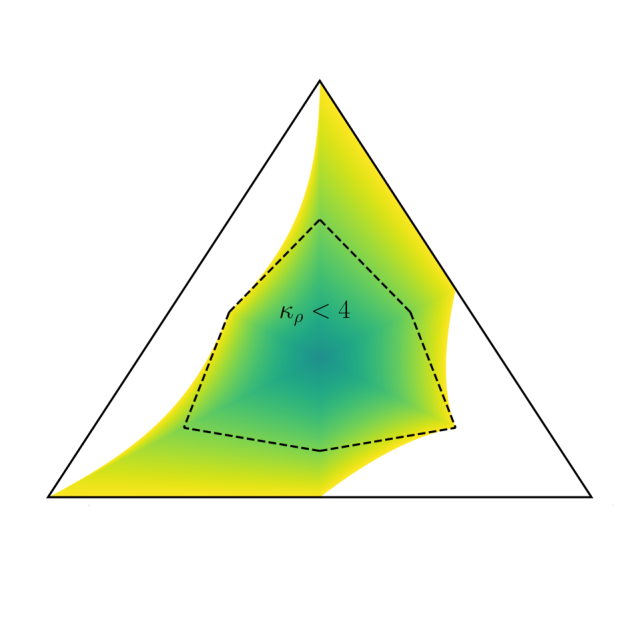
|
"Generalized geometric speed limits for quantum observables." J Bringewatt, Z Steffen, M A Ritter, A Ehrenberg, H Wang, B S Palmer, A J Kollar, A V Gorshkov, and L P Garcia-Pintos. Phys. Rev. Research. 7, 033222 (2025), [arXiv:2409.04544] |
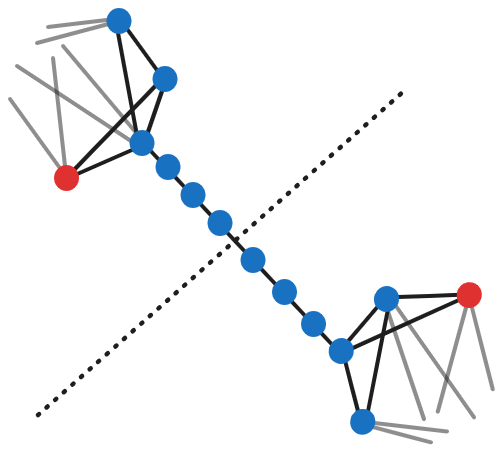
|
"On the stability of solutions to Schrodinger's equation short of the adiabatic limit." J Bringewatt*, M Jarret*, T C Mooney* Proc. R. Soc. A. 481 (2318), 20240193 (2025), [arXiv:2303.13478] |
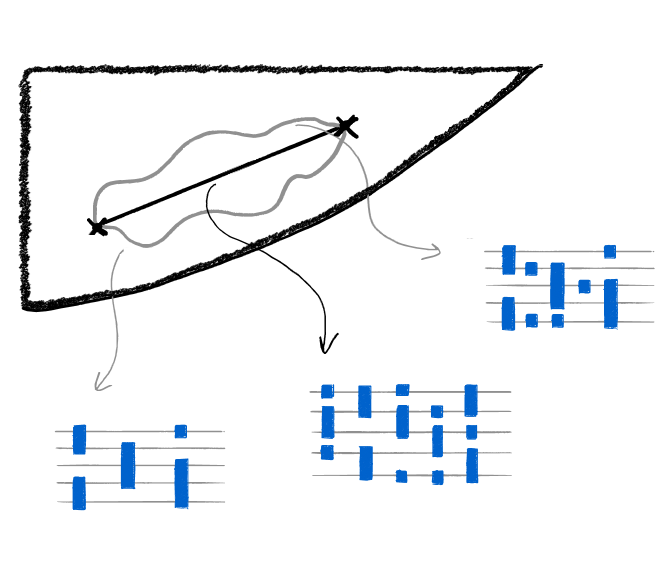
|
"Resiliance-runtime tradeoff relations for quantum algorithms." L P Garcia-Pintos, T O'Leary, T Biswas, J Bringewatt, L T Brady, Y-K Liu. Rep. Prog. Phys. 88 037601 (2025), [arXiv:2408.02764] |
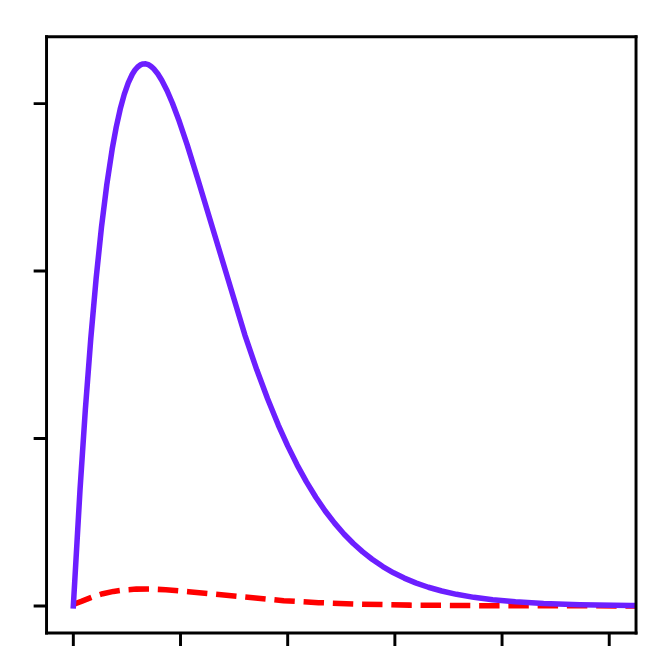
|
"Exponential entanglement advantage in sensing correlated noise." Y-X Wang, J Bringewatt, A Seif, A J Brady, C Oh, A V Gorshkov Preprint. (2024), [arXiv:2410.05878] |
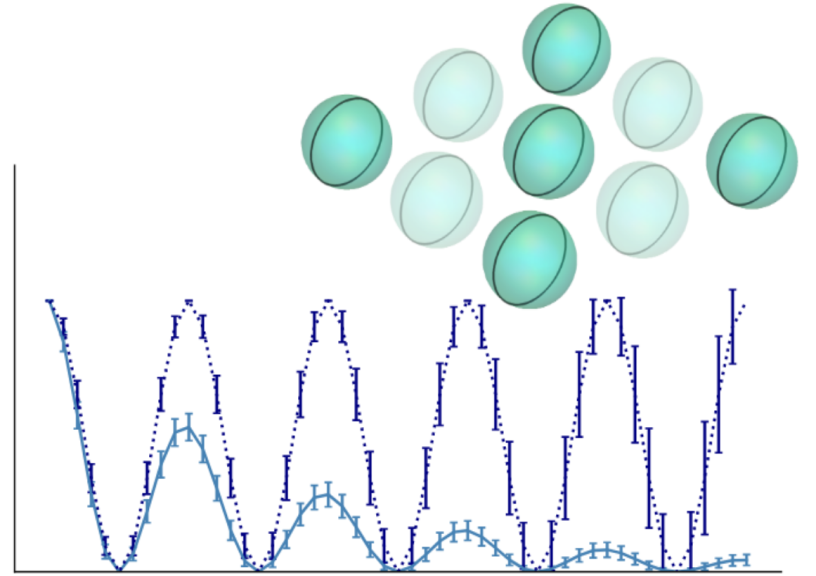
|
"Quantum sensing with erasure qubits." P Niroula, J Dolde, X Zheng, J Bringewatt, A Ehrenberg, K C Cox, J Thompson, M J Gullans, S Kolkowitz, A V Gorshkov Phys. Rev. Lett. 133, 080801 (2024), [arXiv:2310.01512] |
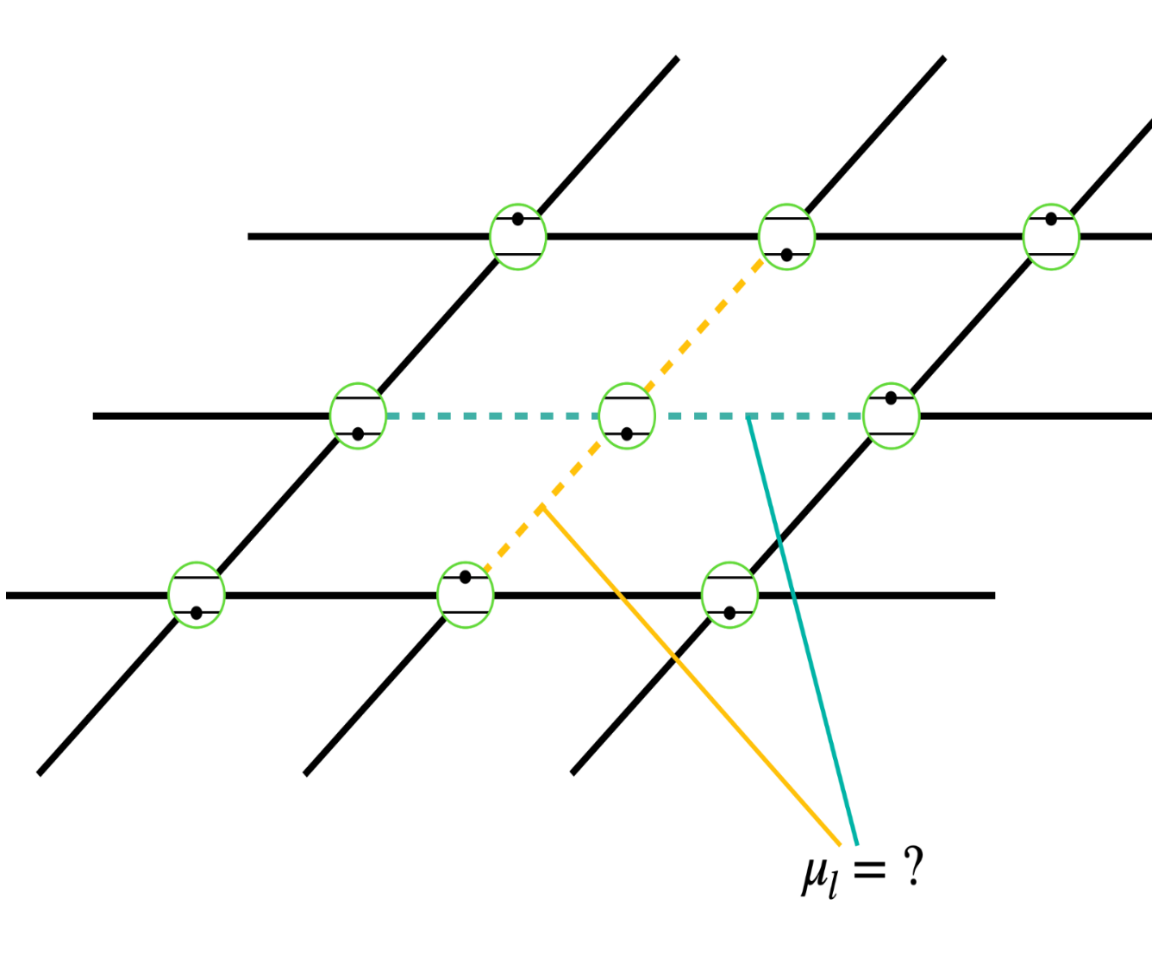
|
"Estimation of Hamiltonian parameters from thermal states." L P Garcia-Pintos, K Bharti, J Bringewatt, H Dehghani, A Ehrenberg, N Y Halpern, A V Gorshkov Phys. Rev. Lett. 133, 040802. (2024), [arXiv:2401.10343] |
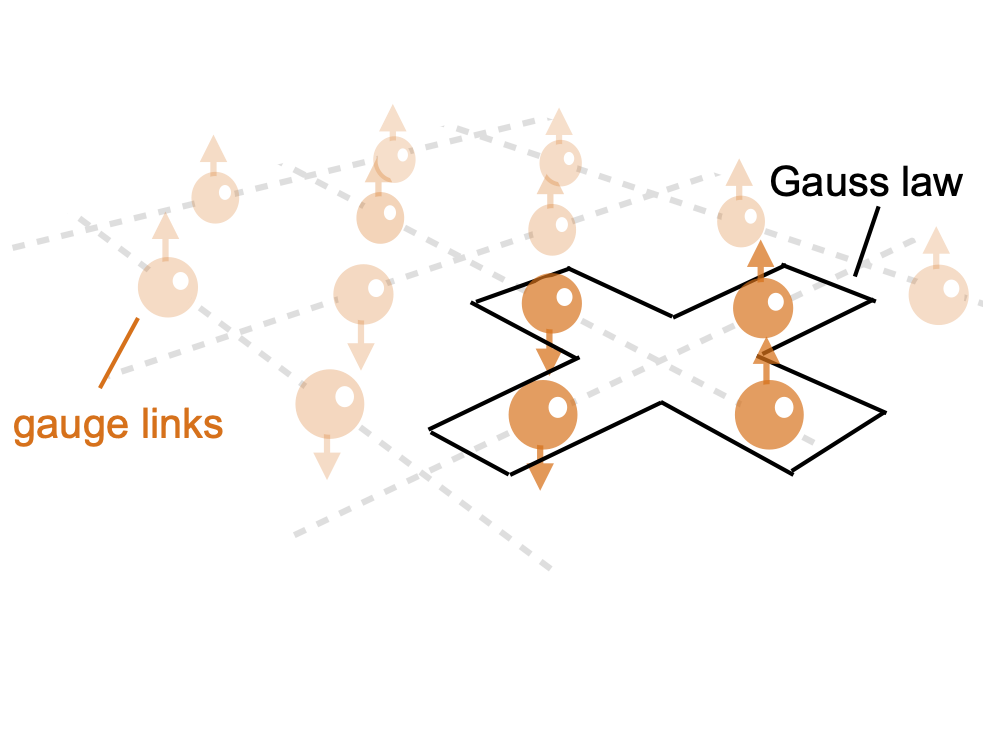
|
"Randomized measurement protocols for lattice gauge theories." J Bringewatt, J Kunjummen, N Mueller Quantum 8, 1300. (2024), [arXiv:2303.15519] |
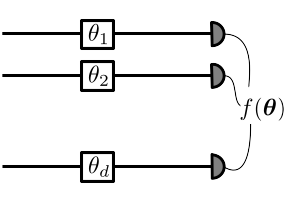
|
"Optimal function estimation with photonic quantum sensor networks." J Bringewatt*, A Ehrenberg*, T Goel*, A V Gorshkov. Phys. Rev. Research 6, 013246 (2024), [arXiv:2401.16472] |
|
|
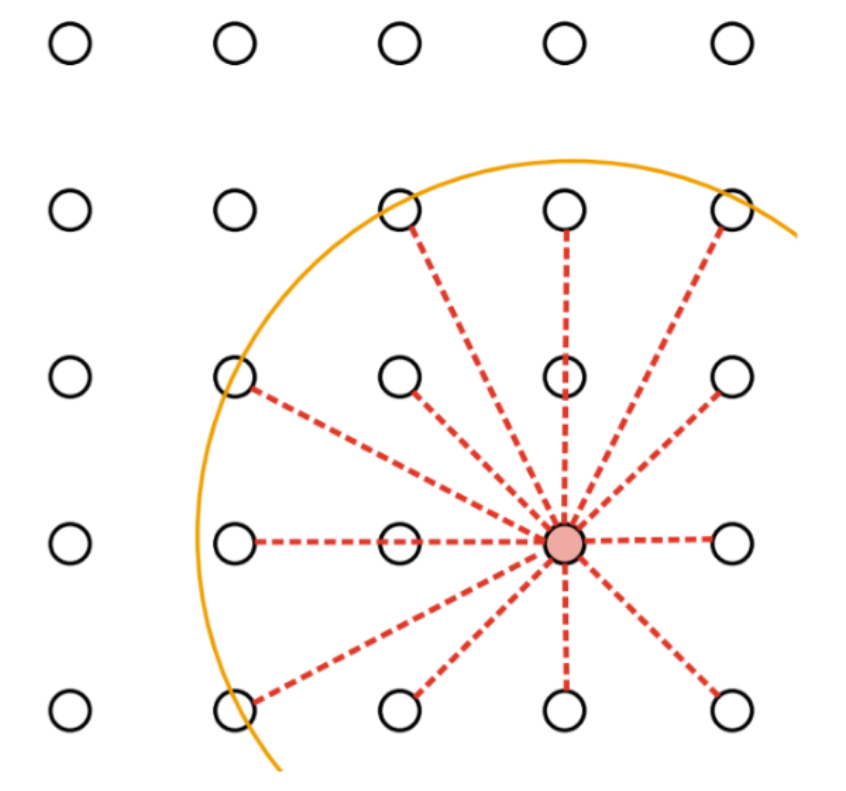
"Quantum algorithms for simulating nuclear effective field theories." |
J D Watson, J Bringewatt, A M Childs, A V Gorshkov, Z Davoudi Preprint. (2023), [arXiv:2312.05344]
|
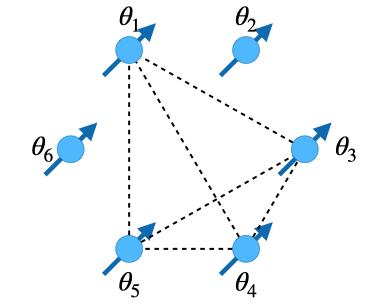
"Minimum entanglement protocols for function estimation." |
A Ehrenberg*, J Bringewatt*, A V Gorshkov Phys. Rev. Research 5, 033228 (2023), [arXiv:2110.07613]
|
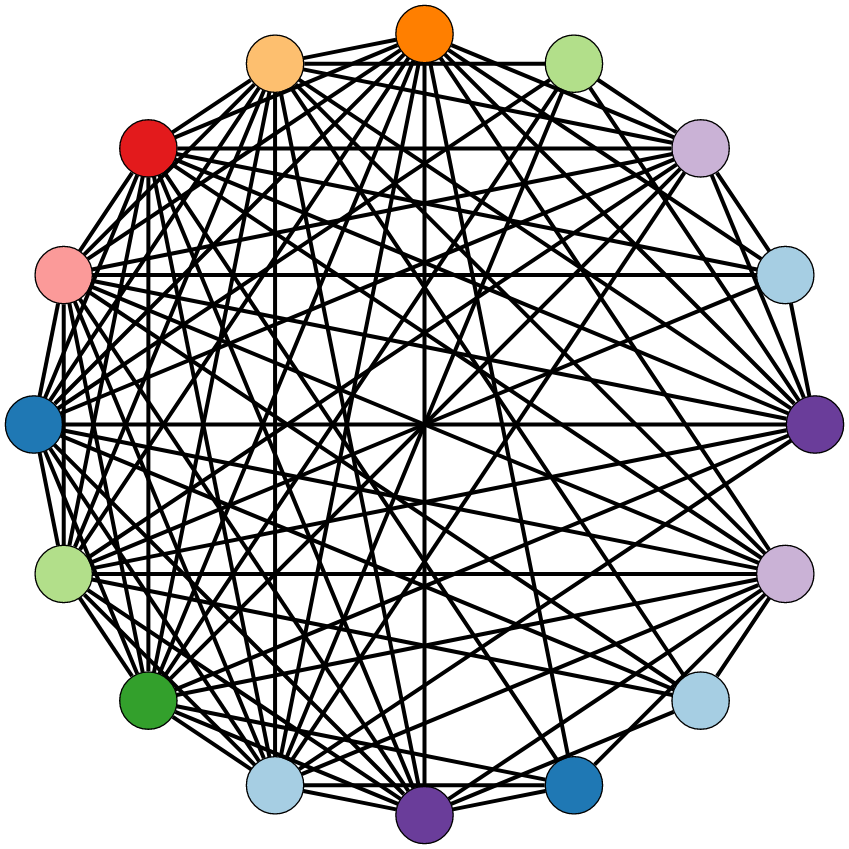
"Parallelization techniques for quantum simulation of fermionic systems." |
J Bringewatt, Z Davoudi Quantum 7, 975 (2023), [arXiv:2207.12470]
|
"Lower bounds on quantum annealing times." |
L P Garcia-Pintos, L T Brady, J Bringewatt, Y-K Liu. Phys. Rev. Lett. 130, 140601 (2023), [arXiv:2210.15687] | |
|
|

"Lefschetz thimble quantum Monte Carlo for spin systems." |
T C Mooney, J Bringewatt, N C Warrington L T Brady Phys. Rev. B 106, 214416 (2022), [arXiv:2110.10699]
|
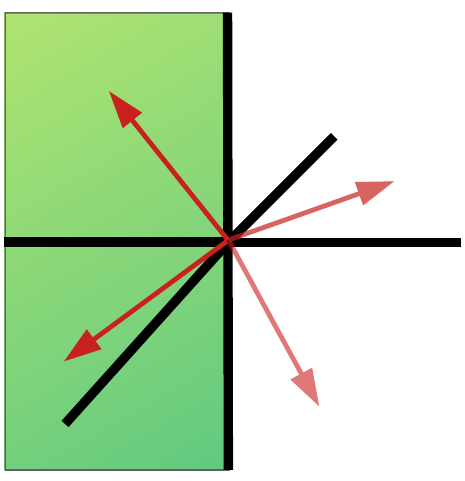
"Simultaneous stoquasticity." |
J Bringewatt, L T Brady Phys. Rev. A 105, 062601 (2022), [arXiv:2202.08863] | |
|
|
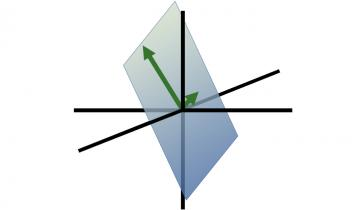
"Protocols for estimating multiple functions with quantum sensor networks: geometry and performance." |
J Bringewatt, I Boettcher, P Niroula, P Bienias, A V Gorshkov Phys. Rev. Research 3, 033011 (2021), [arXiv:2104.09540]
|
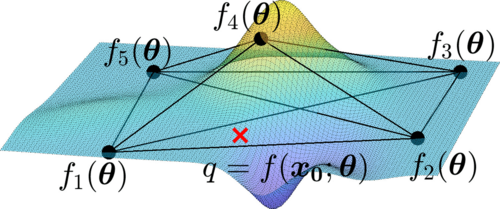
"Optimal measurement of field properties with quantum sensor networks." |
T Qian, J Bringewatt, I Boettcher, P Bienias, A V Gorshkov Phys. Rev. A (Letter) 103, L030601 (2021), [arXiv:2011.01259]
|
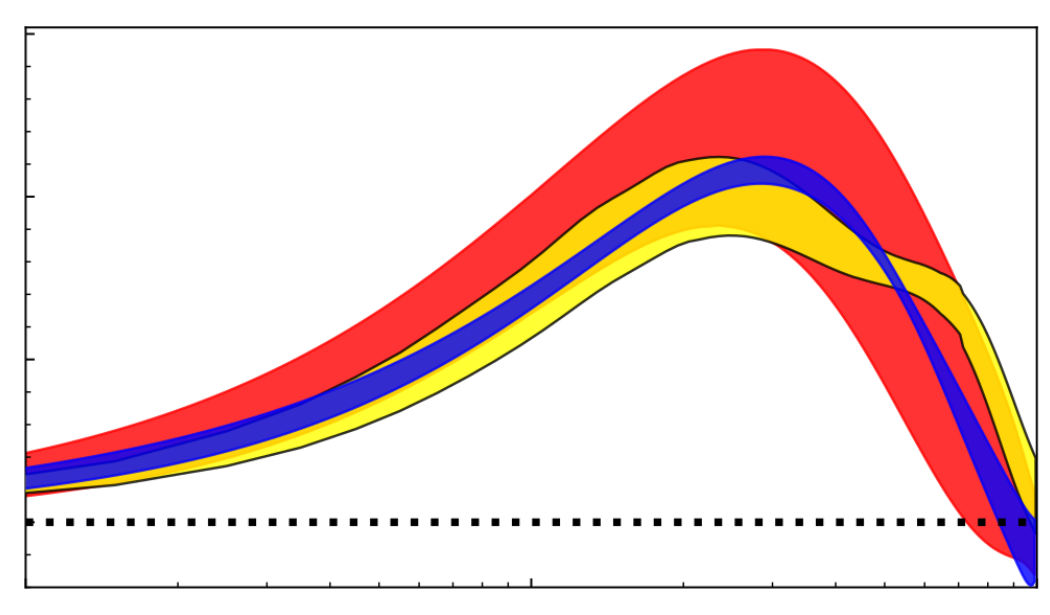
"Confronting lattice parton distributions with global QCD analysis." |
J Bringewatt, N Sato, W Melnitchouk, J Qiu, F Steffens, M Constantinou Phys. Rev. D. 103, 016003 (2021), [arXiv:2010.00548] | |
|
|
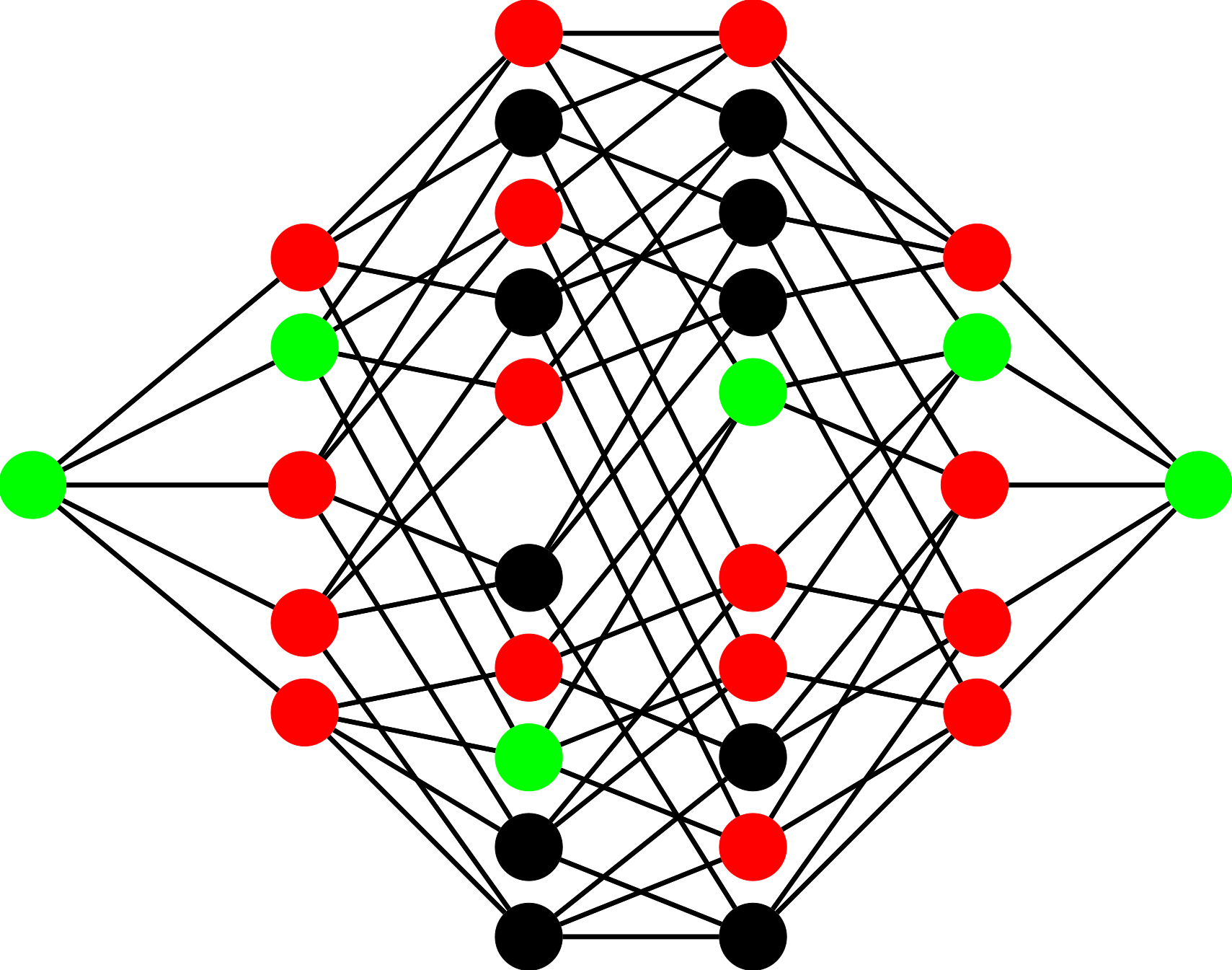
"Effective gaps are not effective: quasipolynomial classical simulation of obstructed stoquastic Hamiltonians." |
J Bringewatt*, M Jarret* Phys. Rev. Lett. 125, 170504 (2020), [arXiv:2004.08681] | |
|
|
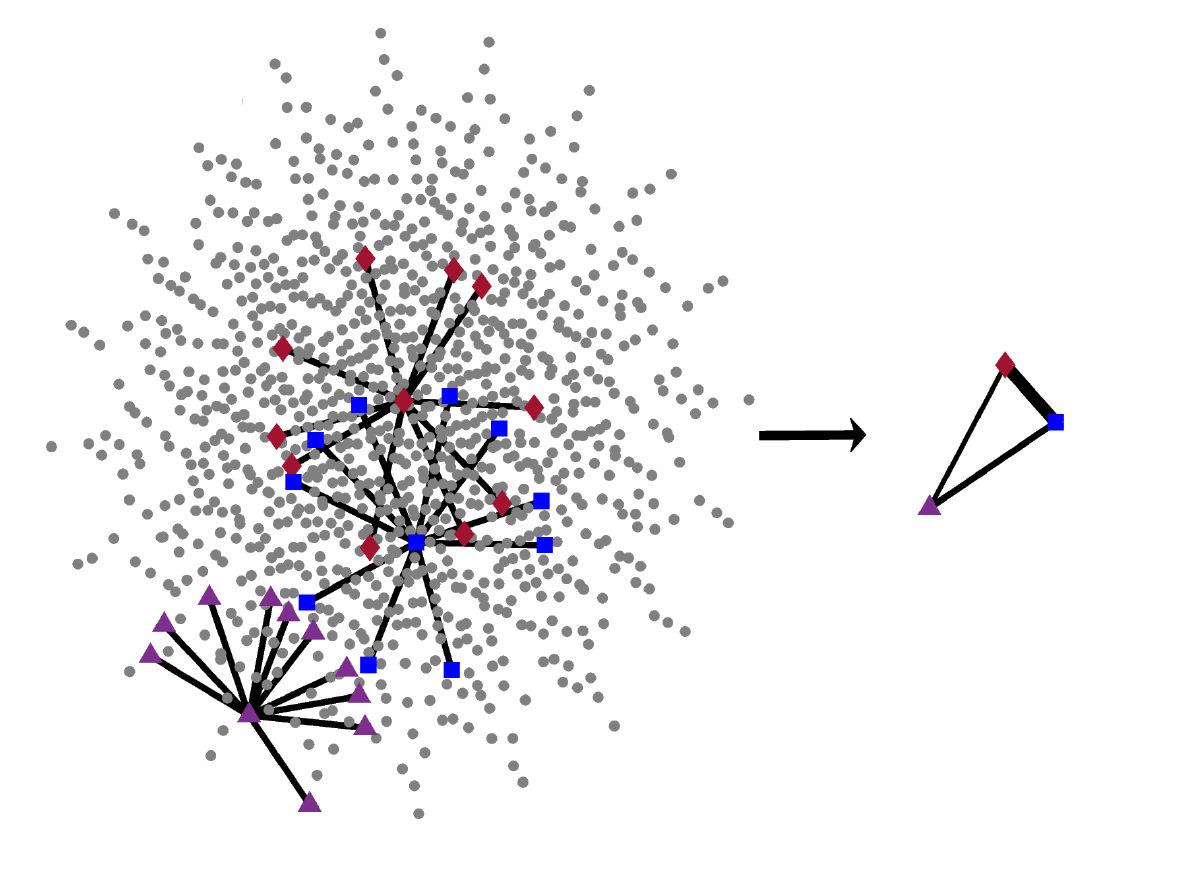
"Polynomial time algorithms for estimating spectra of adiabatic Hamiltonians." |
J Bringewatt, W Dorland, SP Jordan Phys. Rev. A 100 (3), 032336 (2019), [arXiv:1905.07461] Editors' Suggestion. | |
|
|
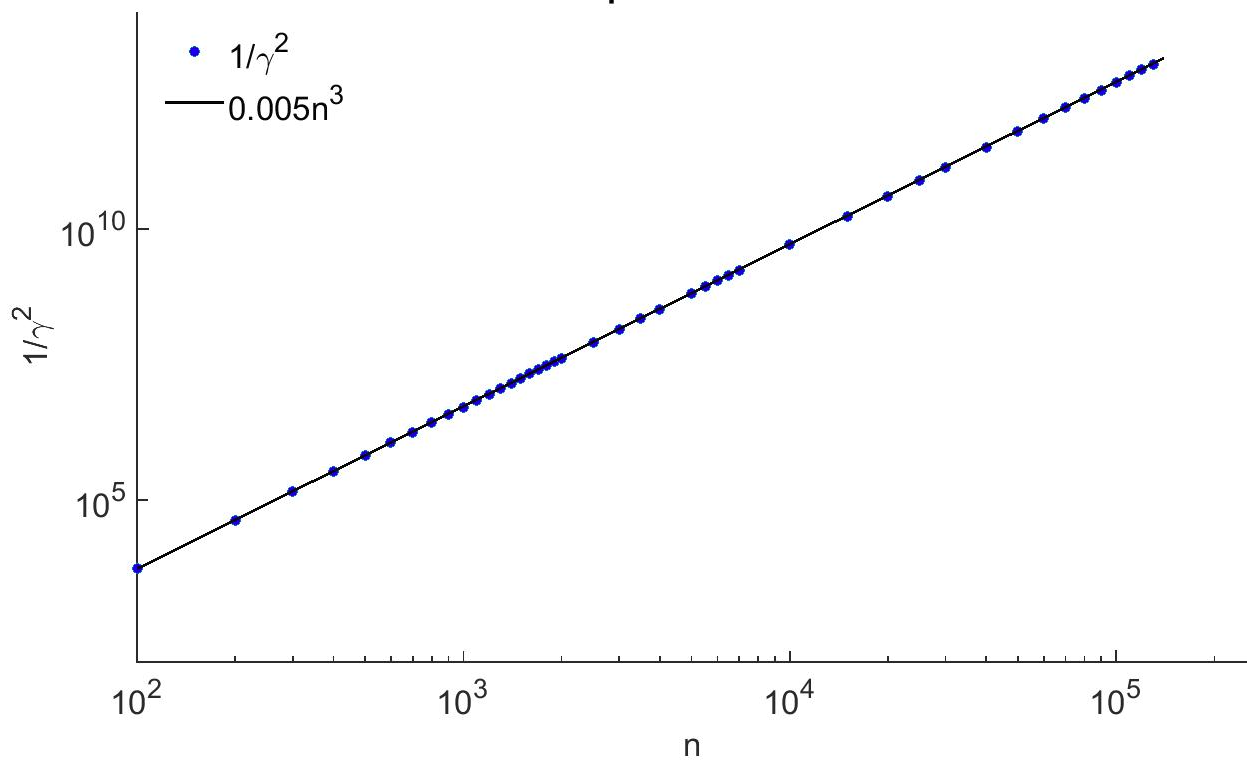
"Diffusion Monte Carlo approach versus adiabatic computation for local Hamiltonians." |
J Bringewatt, W Dorland, SP Jordan, A Mink Phys. Rev. A 97 (2), 022323 (2018), [arXiv:1709.03971]
|
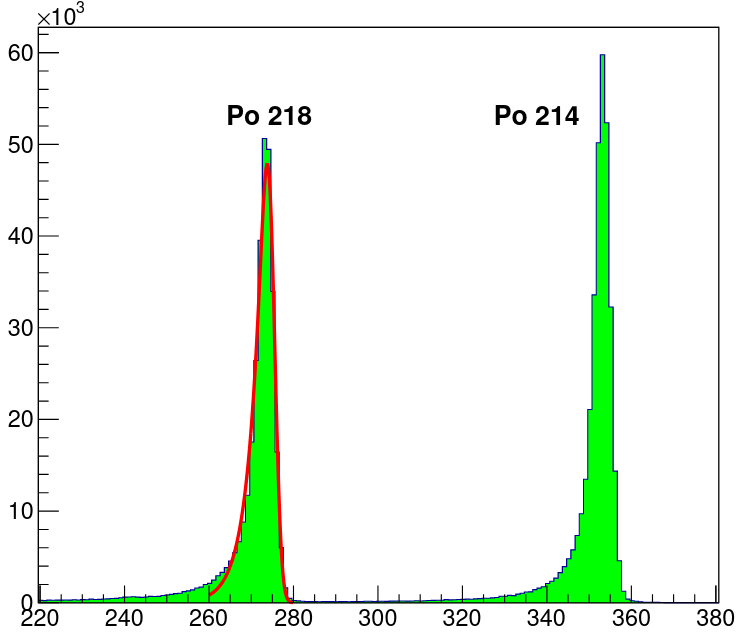
"Study of radon reduction in gases for rare event search experiments." |
K Pushkin, C Akerlof, D Anbajagane, J Armstrong, M Arthurs, J Bringewatt, T Edberg, C Hall, M Lei, R Raymond, M Reh, D Saini, A Sander, J Schaefer, D Seymour, N Swanson, Y Wang, W Lorenzon Nucl. Instrum. Methods Phys. Res., Sect. A 903, 267-276 (2018), [arXiv:1805.11306] | |